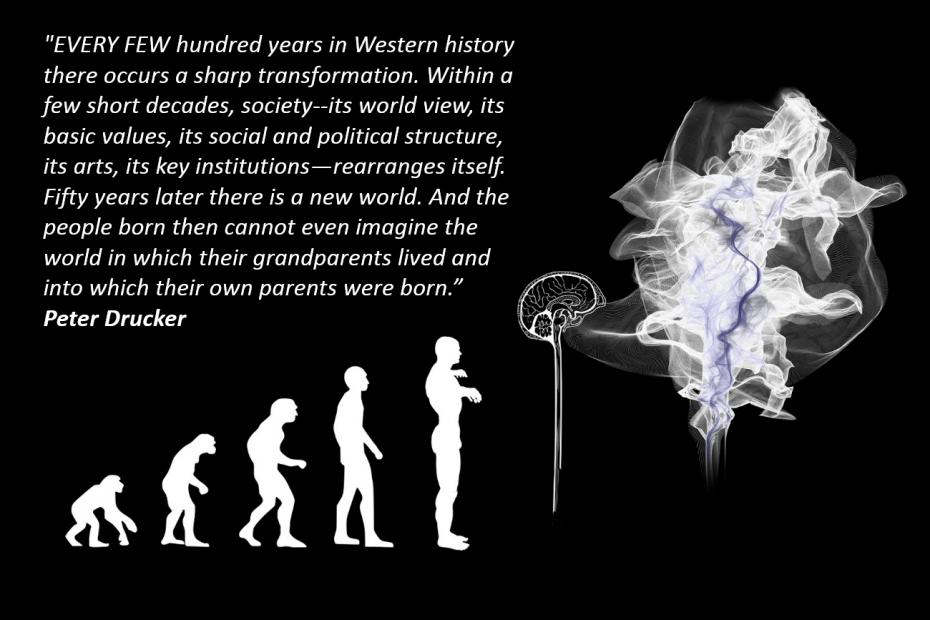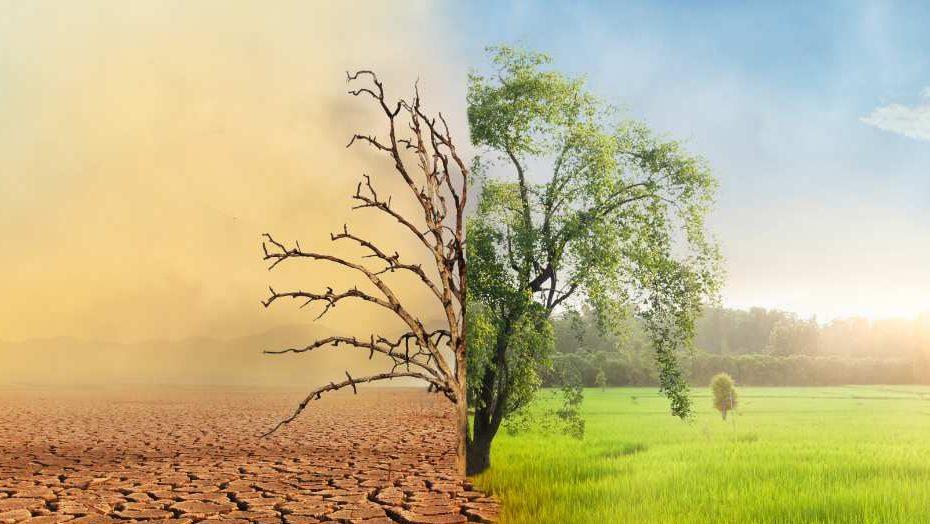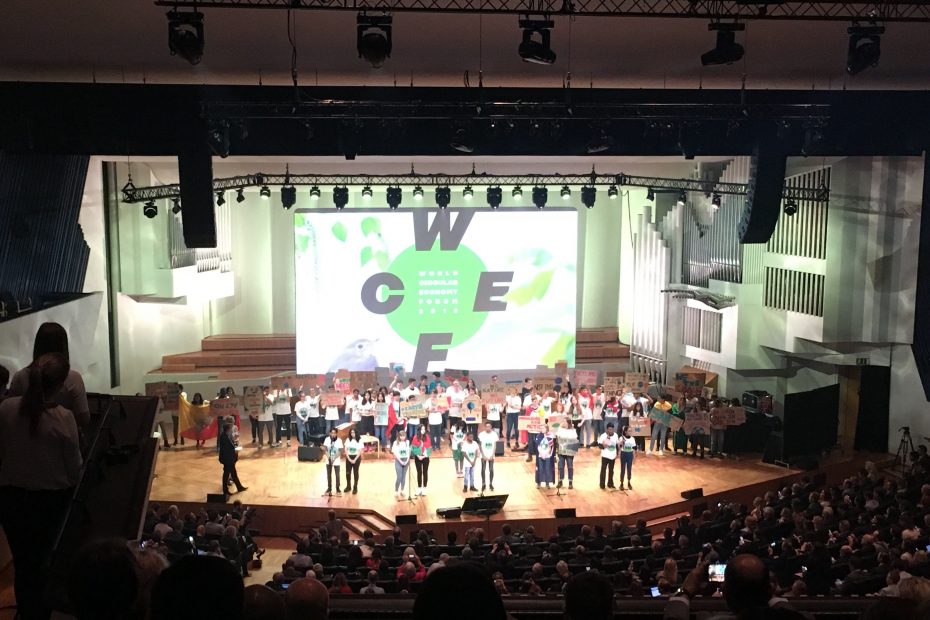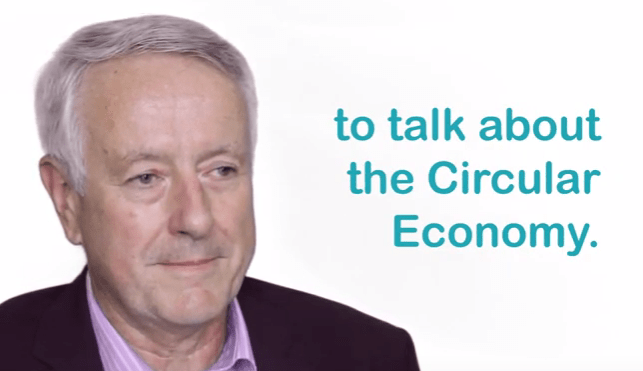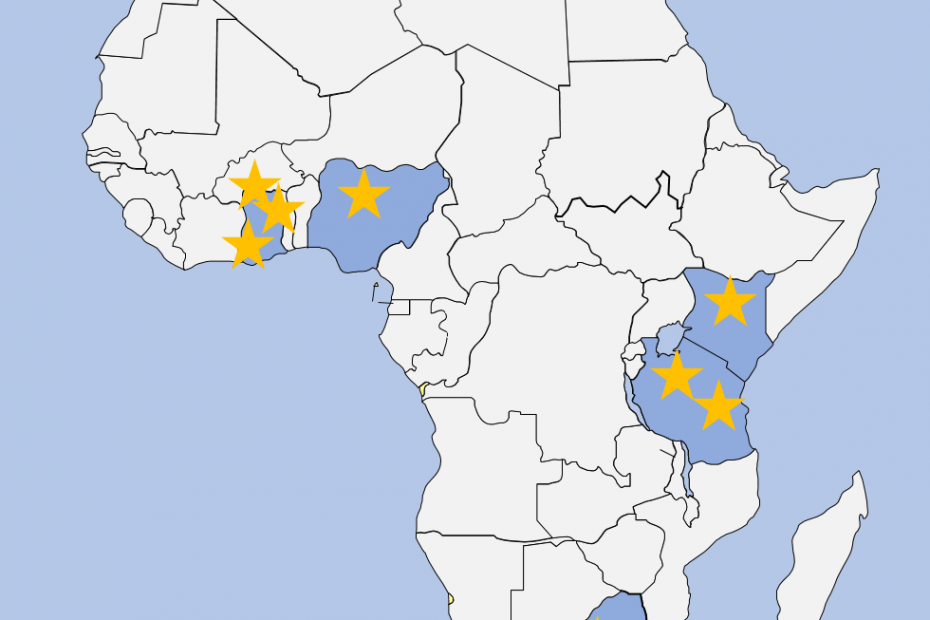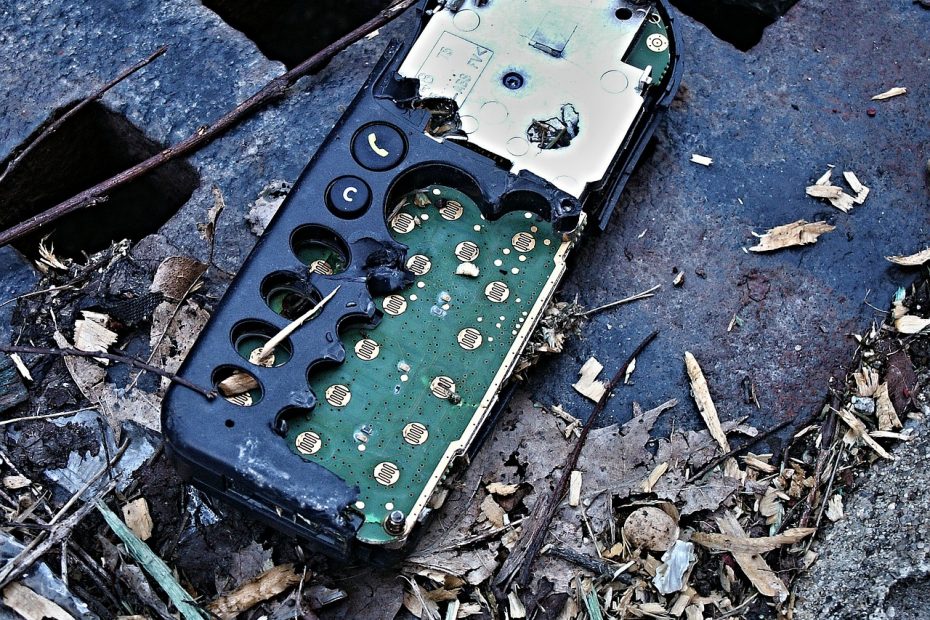Inclusive Capitalism – the basis of a just and fair circular economy?
We see increasing awareness amongst businesses that all key stakeholders need to be considered in directors’ decision-making. The work of Tomorrow’s Company heavily influenced changes to the Companies Act 2006, requiring boards to adopt an enlightened shareholder approach. US Business Roundtable is now promoting this approach, and B Corps encourage businesses worldwide be more inclusive, with a focus on people and planet as well as profit.
